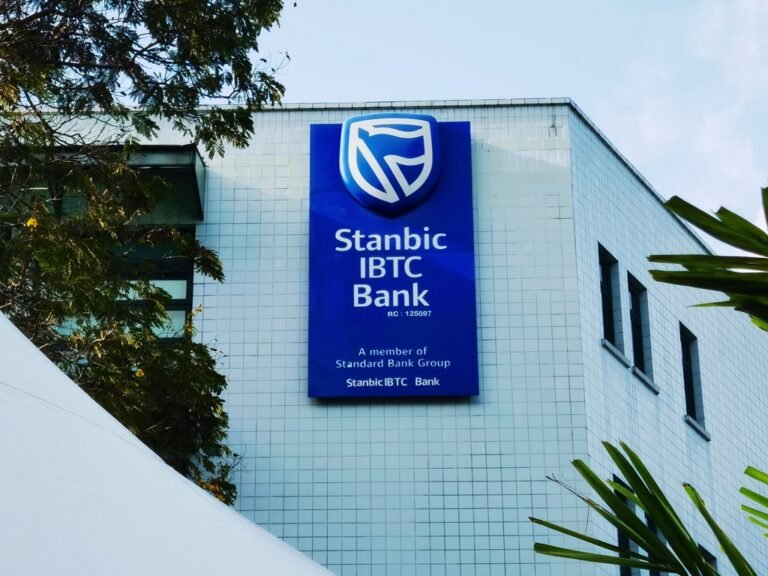The International Monetary Fund (IMF) has upgraded Nigeria’s 2025 GDP growth forecast to 3.4%, citing increased oil production, the operationalization of a new domestic refinery, and continued momentum in the services sector.
The revision comes just months after the Fund had trimmed its initial April projection to 3.0%, down from 3.2% in October 2024.
This new forecast follows the conclusion of the IMF’s 2025 Article IV consultation, a routine but comprehensive assessment of Nigeria’s economic framework and policy direction.
The IMF noted that while the updated growth trajectory is positive, it still falls short of the pace required to substantially reduce poverty in a country where nearly half the population lives below the poverty line.
“Real GDP is expected to expand by 3.4 percent in 2025…supported by the new domestic refinery, higher oil production, and robust services,” the IMF stated. The organisation added that “medium-term growth is projected to hover around 3½ percent, supported by domestic reform gains,” though risks from a fragile global environment remain elevated.
In a nod to macroeconomic stability, the IMF urged Nigeria to maintain a “neutral fiscal stance,” advising that public investment should be channeled toward growth-enhancing infrastructure and human capital. The organisation also emphasized the urgent need to accelerate targeted cash transfers to cushion the poorest households from economic shocks.
Commending recent policy actions, the IMF hailed President Bola Tinubu’s signing of four key tax reform bills as an important step towards enhancing revenue mobilization and creating fiscal space for development spending, while preserving debt sustainability.
The reforms are expected to modernize tax administration, broaden the tax base, and reduce overreliance on oil revenues.
The IMF also recognized progress in financial sector reforms, particularly the Central Bank of Nigeria’s ongoing bank recapitalization initiative “Directors recognized actions to strengthen the banking system, including the ongoing process of increasing banks’ minimum capital. They welcomed the authorities’ efforts to boost financial inclusion and promote capital market development, while emphasizing the importance of moving to a robust risk‑based supervision for mortgage and consumer lending schemes as well as the fintech and crypto sectors.”
To bolster economic resilience, the IMF outlined a series of structural reforms Nigeria must urgently prioritize. These include tackling insecurity, removing bureaucratic barriers to business, improving electricity supply, and increasing investment in health, education, and food security.
Agricultural productivity remains a critical area of concern, with the IMF calling for efforts to modernize the sector to ensure food sufficiency and rural development.
The Fund also highlighted the need to remove impediments to private credit expansion, as improving access to finance is vital for stimulating small business growth and job creation.
Finally, the IMF welcomed Nigeria’s ongoing capacity development efforts in support of its reform agenda, underscoring the importance of enhancing data quality for more effective and evidence-based policymaking. With structural reforms, fiscal discipline, and financial sector resilience at the core of the IMF’s recommendations, Nigeria’s growth path in 2025 looks cautiously optimistic.


























